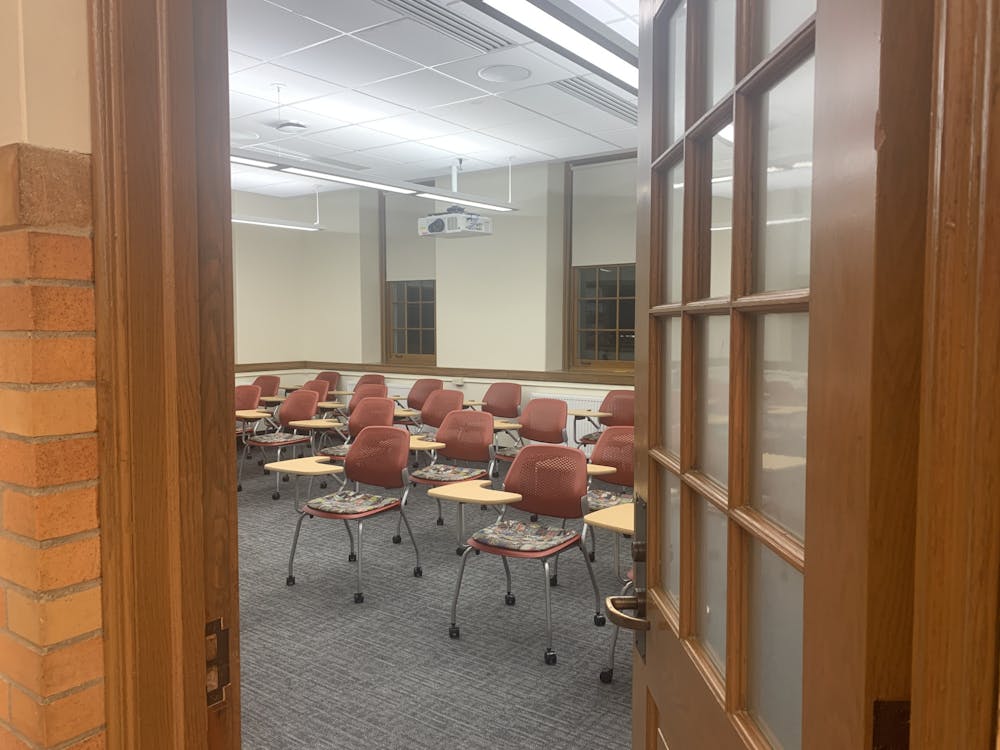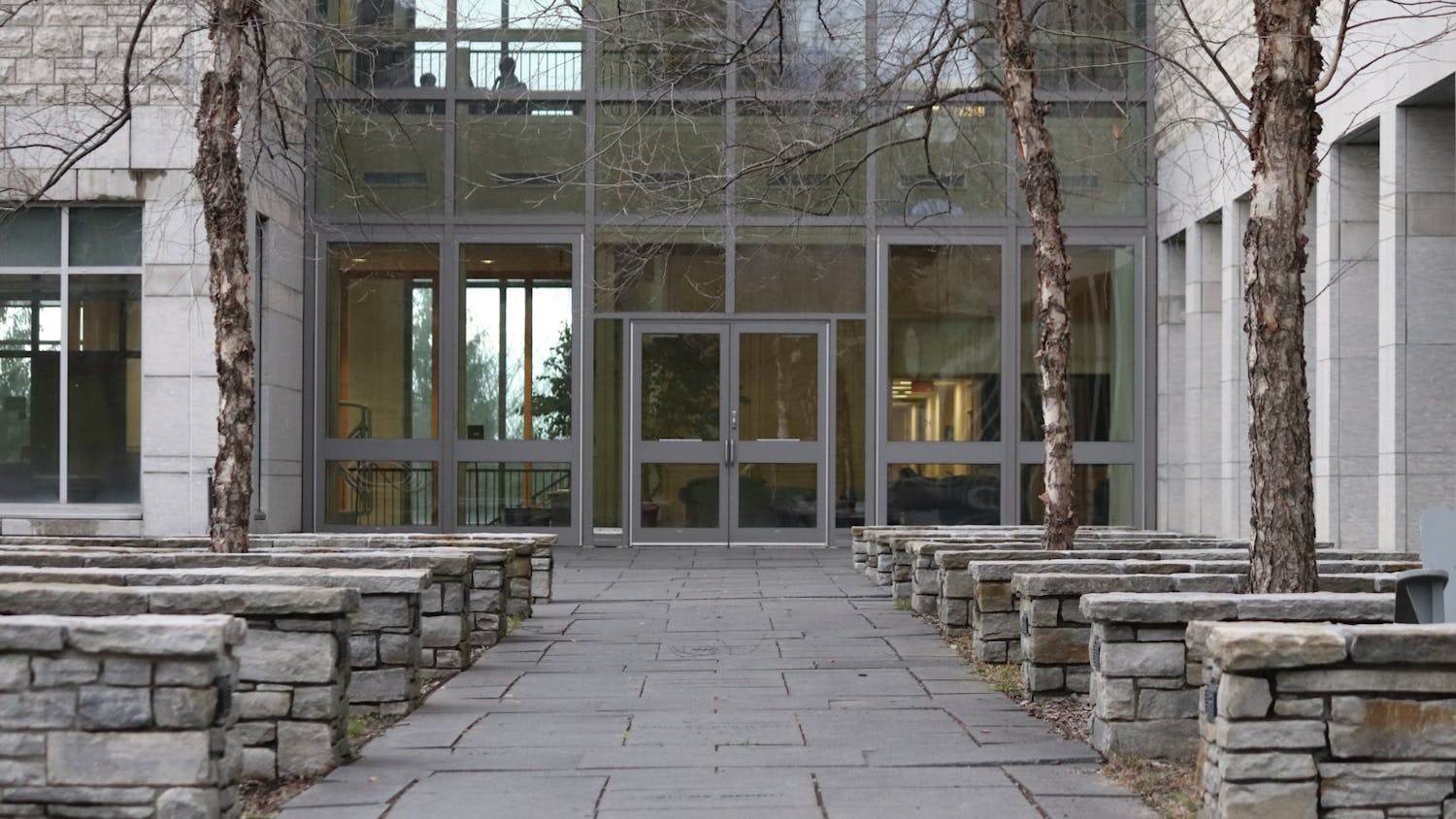This spring, the Office of the Registrar implemented a new schedule to increase flexibility for faculty scheduling, decrease certain kinds of overrides during student registration and better distribute classroom space.
According to Jen Thompson of the registrar, faculty prefer the use of bi-weekly 75-minute meeting patterns for their courses.
“Creating additional 75-minute meeting patterns on Mondays and Wednesdays gave faculty more options. We also pushed back the start of the classes from 8:00 a.m. to 8:15 a.m. for 75-minute meeting patterns, and from 8:00 a.m. to 8:40 a.m. for 50-minute meeting patterns,” Thompson said. “These changes resulted in more courses offered in the 8:00 hour and a more widely distributed course schedule.”
The new schedule was drafted in the fall of 2021. From January 2022 through March 2022, the Registrar presented and received feedback on the schedule from administrators and the full faculty.
The former schedule had classes beginning and ending at 1:30 p.m. and involved an 8:40–9:55 a.m. time slot that conflicted with two other morning class sessions. The new schedule eliminates these conflicts, allowing students to register for classes without requesting time conflict overrides.
“Our hope was to ease enrollment congestion on the popular Tuesday/Thursday time slots by creating more opportunities for departments to spread out classes throughout the week and provide students with more options to build balanced schedules,” Thompson said.
The new schedule also optimizes classroom utilization. The former schedule filled many classrooms on Tuesday and Thursday mornings with little flexibility to offer alternative classroom space options. Meanwhile, classrooms sat empty and unused during many other time slots.
“Adding additional 75-minute meeting patterns allowed classes to distribute more evenly throughout the week and consequently, opened up classrooms to allow for some opportunity for classroom reassignments, if necessary,” Thompson said.
Thompson also emphasized a focus on modest changes to prevent a substantial disruption to faculty routines.
“We wanted the new schedule to be similar enough to the former schedule such that faculty who wanted to continue with the class meeting times they’ve used in the past would be able to find an equivalent time block in the new schedule,” Thompson said.
However, the new schedule has decreased the amount of time some professors have to prepare for classes.
According to Matthew Walker, assistant professor of Russian, the new schedule “disrupts a pattern that, if you’ve taught here for a while, you get pretty used to.”
“We usually spend 75 minutes with students in class, but we always need some kind of prep time beforehand. I teach one class in the afternoon and then I have 15 minutes to prepare for my next class before students come in,” Walker said. “The next class has a different approach to Russian literature, so it almost requires a different side of my brain to teach. When my usual pattern gets disrupted, I have to figure out new ways of preparing for courses.”
Another unforeseen circumstance to come out of the change is the impact on lunch lines. Many students have recently noticed that the lunch lines have gotten much longer and slower.
Caroline Deleon ’26 noticed a difference in the usual Atwater lunch lines.
“After Japanese class, my only chance to get lunch is from 11:15 to 12:30, and now everybody else is scrambling to get lunch at Atwater. It wasn’t like that before,” Deleon said. “When I tried to go to Ross instead, the line was even worse.”
Sherlyn Gonzalez-Mejia ’26 said that she only has 15 minutes between classes to get lunch.
“The lines are so bad that I don’t even eat between my classes anymore. I just go straight to my next class and wait for dinner,” Gonzalez-Mejia said.
“It’s not to say that the new class time slots have made rush hour worse, but they certainly didn’t help,” Deleon said.




